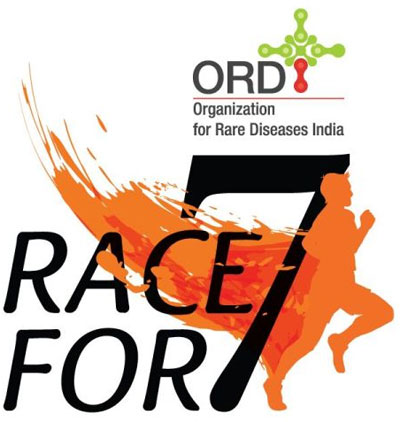According to doctors attending to the patient, who hails from Kollam, both the mother and baby are doing well.
A 24-year-old Kerala woman with the rare and fatal genetic disease ‘Pompe’ gave birth to a healthy baby in a private hospital in Kochi last week. The incident has raised high hopes for the medical fraternity that the case is a testimony that people diagnosed with the grave disease can lead a normal life if it is diagnosed and treated early. Also Read – SC seeks response of Centre, 34 states, UTs on plea for setting up of panels on rare diseases
According to doctors attending to the patient, who hails from Kollam, both the mother and baby are doing well.
Pompe disease, a Lysosomal Storage Disorder (LSD), is a serious chronic, debilitating condition, caused by pathogenic abnormalities or mutations in the GAA gene.
Patients with this rare condition have muscle weakness to a spectrum of severe complications, and often require long term, specialized treatments and management through Enzyme Replacement Therapy (ERT), a hospital statement said here on Wednesday.
Dr Sheela Nampoothiri, Head of Paediatric Genetics of Amrita Hospital said this is the first recorded case of a Pompe patient in India who underwent the entire cycle of pregnancy to deliver a healthy baby.
“This was only possible as the patient was put on life-saving ERT under the Sanofi Genzyme supported India Charitable Access Programme (INCAP) around six years ago after she was diagnosed with juvenile-onset of Pompe disease,” she said.
This case is a testimony that patients diagnosed with rare diseases like Pompe can lead a near-normal life if they are put on life-saving treatment early, Namboothiri said. According to the statement, she expressed happiness that the baby, who weighed 2.8 kg at birth, does not carry the defective gene and is free of Pompe disease.
Dr Radhamani K, Head of Obstetrics and Gynaecology at Amrita Hospital along with her team of doctors and paramedics, said this very high-risk pregnancy and successful delivery of a healthy baby through elective lower segment Caesarean section is a case study in itself.
“The patient was on ERT throughout her 37-week pregnancy, and will continue to be on treatment in the postnatal phase too,” she said.
According to Manoj Manghat, Kerala state co-ordinator of Lysosomal Storage Disorders Support Society, hopes have now been raised within the rare disease community, not just in Kerala, but across the country that patients who are put on treatment at an appropriate time can lead a normal life like others. Society is a patient advocacy group set up to fight the cause of rare disease patients in the country.



